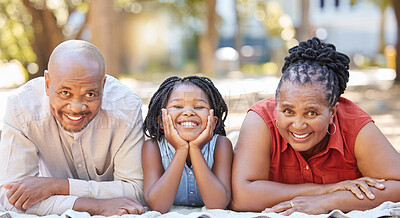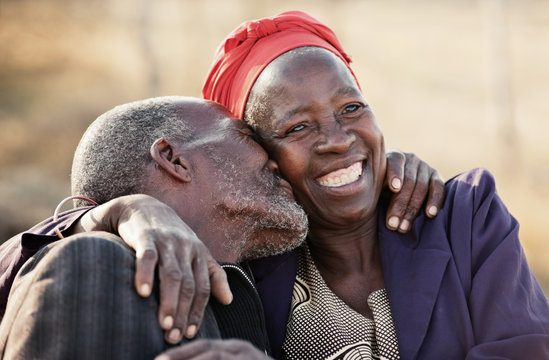
Aging is a universal experience, a journey that every human undertakes from the moment of birth. It is a process fraught with fear and trauma but also punctuated with moments of joy and fulfillment. In Africa, aging is interwoven with rich cultural traditions and modern realities, creating a unique shade of experiences and perspectives. This article explores the multifaceted nature of aging in Africa, delving into the fears and traumas associated with it, as well as the joys and cultural significances that bring meaning to life in the golden years.
Aging in Africa is often accompanied by a profound sense of fear. This fear is not merely about the physical decline that comes with age, but also about the social and economic implications. In many African cultures, the elderly hold a revered position, often seen as custodians of wisdom and tradition. However, the modern era has brought about significant changes that challenge these traditional roles.
In a rapidly modernizing society, the elderly may fear becoming irrelevant. As young people migrate to urban areas and adopt new lifestyles, the traditional knowledge and skills of the older generation can seem outdated. This generational shift can lead to feelings of isolation and inadequacy among the elderly.
Economic challenges in many African countries exacerbate the fear of aging. Without robust social security systems, the elderly often depend on their children for financial support. The uncertainty of this support, especially in the face of economic hardships, can be a source of great anxiety.
The decline in physical health is a natural part of aging, but in many parts of Africa, access to healthcare remains limited. The fear of illness and the inability to afford medical care can be a significant source of stress for the elderly.
The trauma associated with aging in Africa can be profound, often stemming from both physical and emotional sources. The physical challenges of aging can be traumatic, particularly in environments where medical support is scarce. Chronic illnesses, mobility issues, and sensory impairments can severely impact the quality of life of older individuals. As younger family members move away for work or education, the elderly may find themselves increasingly isolated. The breakdown of traditional family structures and community support systems can lead to loneliness and depression. The rapid pace of cultural change can leave older individuals feeling disconnected from the world around them. The erosion of traditional values and the adoption of new cultural norms can create a sense of displacement and identity loss.
Despite the fears and traumas, aging in Africa also brings moments of profound joy and fulfillment. These moments are often rooted in cultural traditions and community connections that continue to thrive even in the modern age.

African cultures are rich with celebrations that honor the elderly. Festivals, storytelling sessions, and community gatherings provide opportunities for the elderly to share their wisdom and remain active participants in their communities. These events reinforce their value and bring joy and a sense of belonging.
Strong family ties remain a cornerstone of African societies. The joy of seeing grandchildren grow, passing on traditions, and being cared for by family members provides emotional fulfillment. These intergenerational bonds create a sense of continuity and purpose.
For many Africans, spirituality plays a crucial role in the aging process. The belief in ancestors and the afterlife can provide comfort and a sense of peace. Spiritual practices and rituals offer a framework for understanding and accepting the aging process, turning it into a journey of spiritual growth.
The modern African experience of aging is a blend of traditional values and contemporary challenges. As societies evolve, so too do the perceptions and experiences of aging.
Urbanization has significantly altered the landscape of aging in Africa. While urban areas offer better access to healthcare and social services, they also pose challenges such as the breakdown of extended family systems. Older individuals in urban settings may experience both improved living standards and increased isolation.
Technology has the potential to transform the aging experience. Mobile phones and social media can help older individuals stay connected with family and friends, reducing feelings of isolation. Additionally, telemedicine and other healthcare innovations can improve access to medical care for the elderly.
There is a growing recognition of the need for policies that support the elderly in Africa. Advocacy groups are working to ensure that the rights and needs of older individuals are addressed, from healthcare access to social security provisions. These efforts are crucial in creating a supportive environment for aging populations.
To truly understand the aging experience in Africa, it is essential to consider the personal narratives and case studies that highlight the diverse ways in which individuals navigate this journey.
Case Study: The Gogo of Zimbabwe*: In Zimbabwe, “gogo” (grandmother) plays a central role in family and community life. Despite economic hardships, many gogos find joy in caring for their grandchildren and passing on cultural traditions. Their resilience and ability to adapt to changing circumstances are testaments to the enduring strength of African women.
A South African Elder’s Journey*: In South Africa, the story of an elder who moved from a rural village to an urban center illustrates the complexities of aging in modern Africa. While the move brought better access to healthcare and amenities, it also resulted in a loss of community ties and cultural displacement. This narrative underscores the need for balanced approaches that honor traditional values while embracing modern advancements.
Aging in Africa is a multifaceted experience, shaped by a blend of fear, trauma, and joy. The traditional reverence for the elderly coexists with the challenges posed by modernity, creating a unique landscape of aging that is both complex and rich in meaning. As Africa continues to evolve, it is essential to honor and support the aging population, ensuring that they can navigate this journey with dignity, respect, and joy. Through a combination of cultural traditions, modern innovations, and supportive policies, the continent can create a nurturing environment for its elderly, celebrating their contributions and ensuring their well-being.


